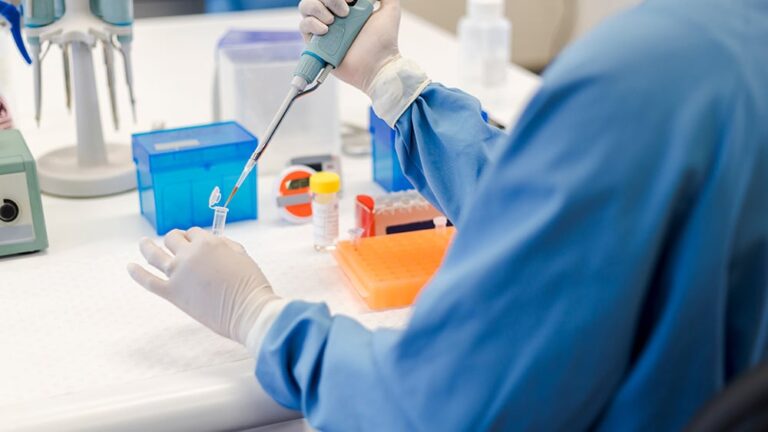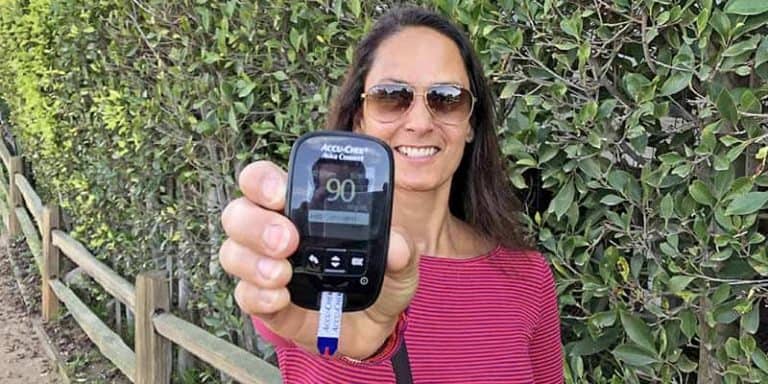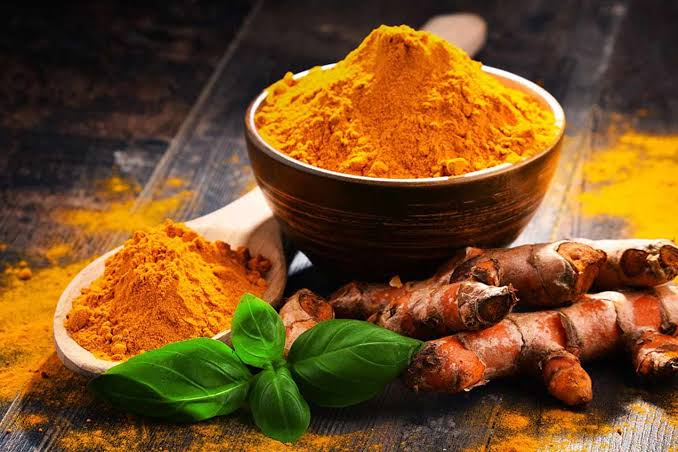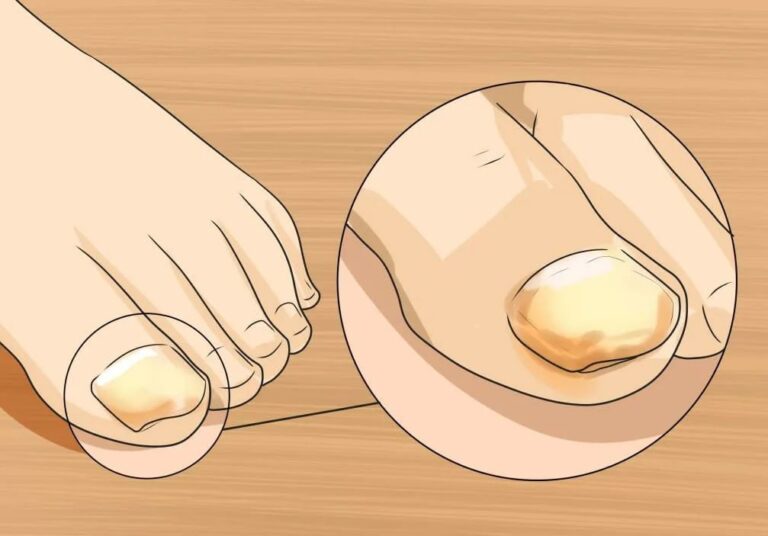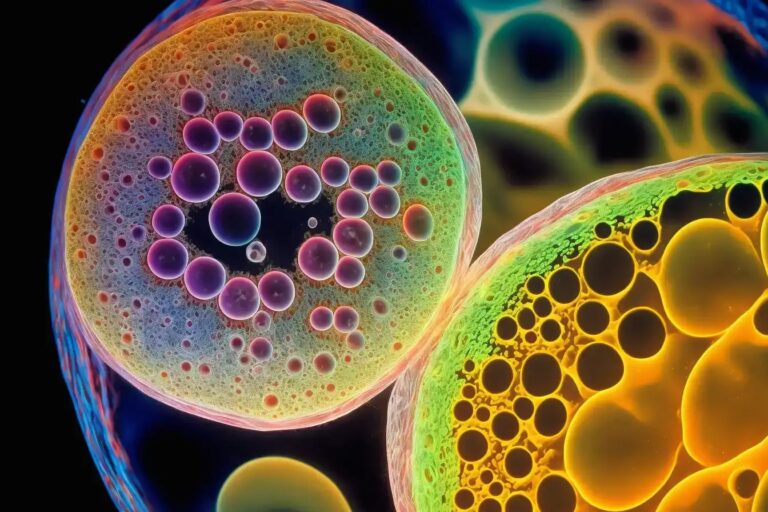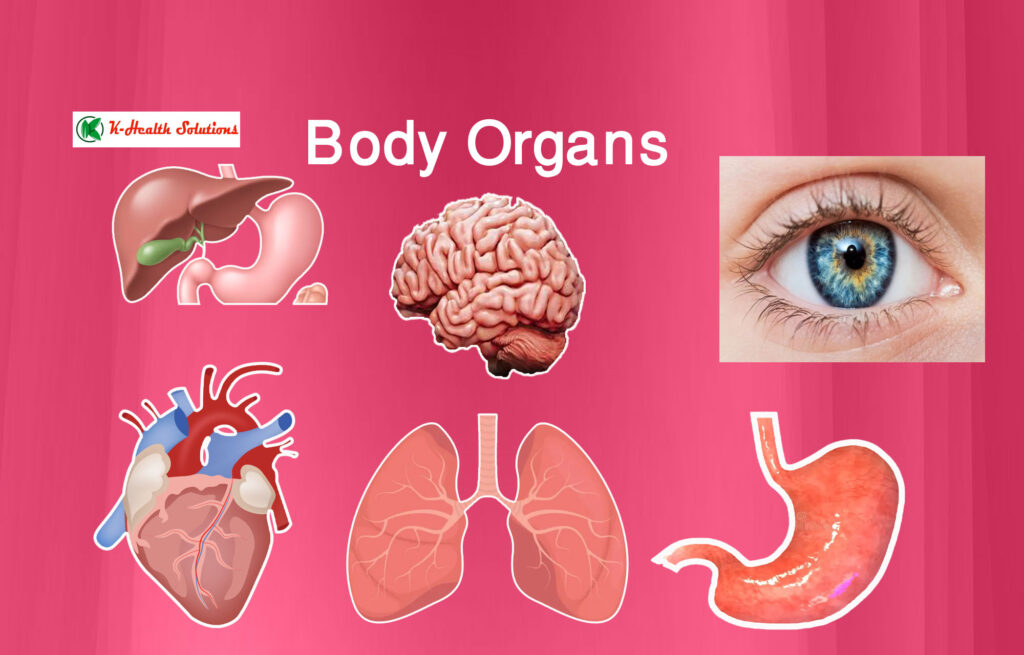
15 Ways to keep your body organs healthy
1. Eat healthy
Eating a combination of different foods, including fruit, vegetables, legumes, nuts and whole grains can help to maintain body organs. Adults should maintain at least 400g of balanced diet daily. This can be achieved by eating lots of vegetables and fruit.
2. Controlling blood sugar
Monitoring blood sugar levels frequently will help control High blood sugar which can cause damage to heart, blood vessels and kidneys, among other essentials in the body.
3. Stop smoking
If you smoke or use other tobacco products, stop. Ask for help so you don’t have to do it alone. You can start by calling the national Stop smoking; Exercise and stay active; Reduce alcohol consumption; Reduce salt intake; Eat healthy. Gut. Did you know that the large intestine can be as long 1.5m. It needs a lot of support and has about 700 different types of bacteria in it.
4. Be Active
Physical activity is defined as any bodily movement produced by skeletal muscles that requires energy expenditure. This includes exercise and ..Maintaining an active lifestyle and nutritious diet may help prevent kidney problems.
5. Eat a balanced and varied diet
Ensuring that you eat a balanced and varied diet is another way to care for your vital organs.Gut health and diet. Your gut bacteria are influenced by what you eat. It is important to give them the right fuel to have a balanced gut microbiome.
6. Alcoholic beverage
An alcoholic beverage is a drink that contains ethanol, a type of alcohol and is produced by fermentation of grains, fruits, or other sources of sugar. The consumption of alcoholic drinks, often referred to as “drinking”, plays an important social role in many cultures.
7. Pressure
Pressure is the force applied perpendicular to the surface of an object per unit area over which that force is distributed. Gauge pressure is the pressure relative to the ambient pressure. Various units are used to express pressure. Monitor blood pressure. High blood pressure can cause kidney damage. If high blood pressure occurs with other health issues like diabetes, heart disease,
8. Exercise
Exercise is physical activity that enhances or maintains fitness and overall health. It is performed for various reasons, including weight loss or maintenance, to aid growth and improve strength, develop muscles and the cardiovascular system, hone athletic skills, improve health, or simply for enjoyment.
9. Avoid fatty and processed foods
The term toxin can refer to pollutants, synthetic chemicals, heavy metals, and processed foods, which can negatively affect health. Many diets and Your gut microbiome can be affected by: stress; too little sleep; lack of physical activity.
10. Hydrate
In chemistry, a hydrate is a substance that contains water or its constituent elements. The chemical state of the water varies widely between different classes of hydrates, some of which were so labeled before their chemical structure was understood. Stay hydrated. Water helps kidneys remove waste from blood, so it’s always a good idea to stay hydrated by drinking at least four to six glasses per day.
11. Eat a high fibre diet
Fibre is important for our gut health for many reasons. Fibre can affect the function of our gut, for example, the digestion and Eat foods high in prebiotics. Gut health is important for keeping your detoxification system healthy. Your intestinal cells have a detoxification and excretion .
12. Drink water
Water is the best fluid to drink and provides benefits to gut health. Water assists with the breakdown of food, so that your body can absorb Drink more water. Water does so much more than quench your thirst. It regulates your body temperature, lubricates joints, aids digestion and nutrient.
13. Get enough sleep
Aim for 7 to 8 hours of sleep each night. If you have trouble sleeping, take steps to improve your sleep habits NIH external link. Lack of sleep can affect the ghrelin and leptin hormones, which can increase the desire to eat high-calorie foods. Make sure to get 7-8 hours of sleep every .
14. Reduce salt intake
Reduce salt intake;Did you know that the large intestine can be as long as 1.5m? It needs a lot of support and Consuming too much salt can increase water retention. You can eliminate excess water — and waste — by increasing your intake of water and potassium-rich foods.
15. Being more careful with medications
Mixing medications or taking more than the recommended amount can damage your liver, as it is where most drugs are broken down after being metabolized.
Preventing Chronic Kidney Disease
You are more likely to develop kidney disease if you have
- High blood pressure
- Diabetes
- Heart disease
- Family history of kidney failure
What can I do to keep my kidneys healthy?
You can protect your kidneys by preventing or managing health conditions that cause kidney damage, such as diabetes and high blood pressure.

